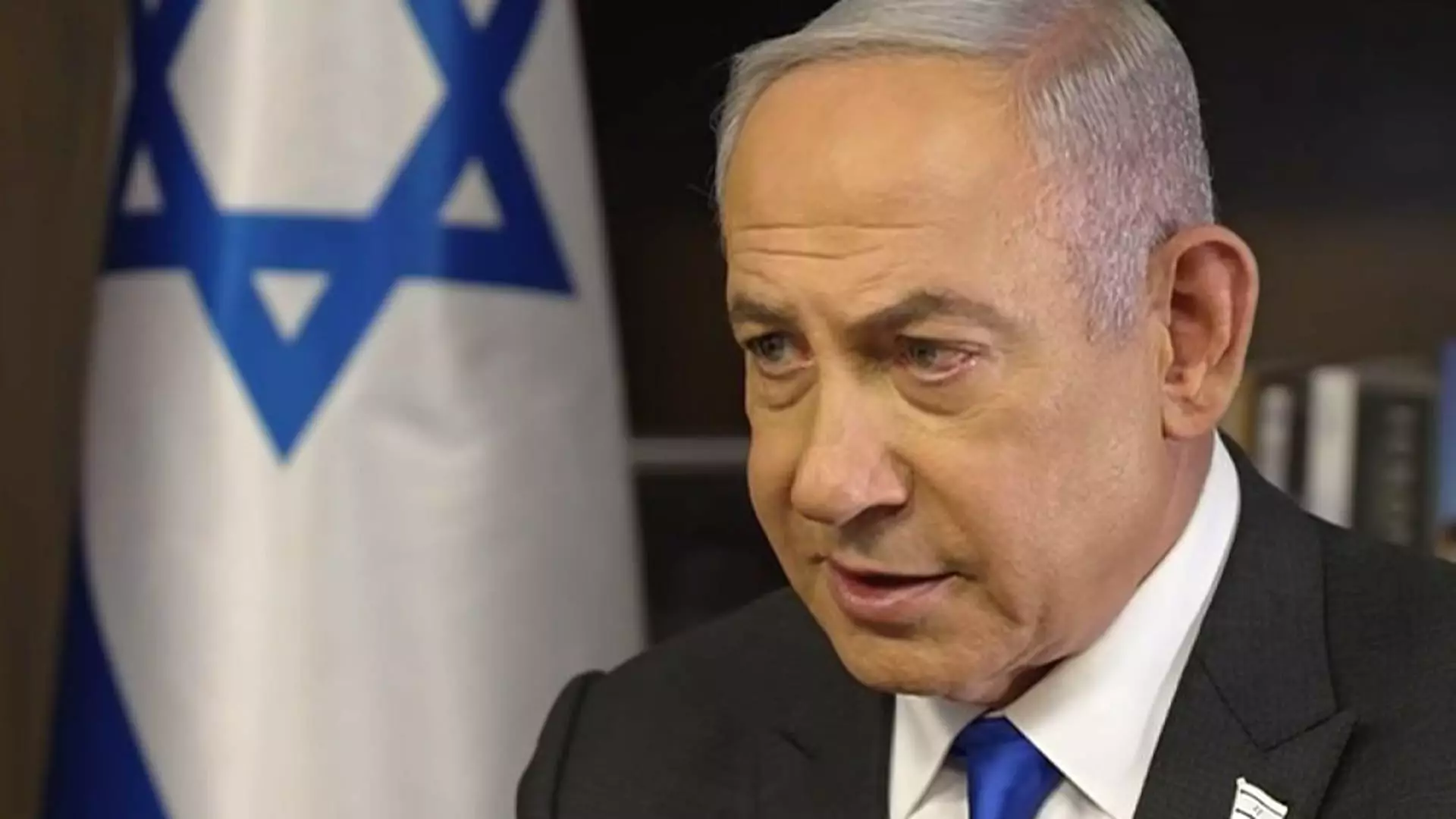Israeli Prime Minister Benjamin Netanyahu’s adamant stance on the military offensive in Rafah in the Gaza Strip has put him at odds with the United States and other nations. Netanyahu justified the operation as necessary to protect Israeli security, emphasizing that sometimes tough decisions must be made to ensure survival and prevent extremist groups like Hamas from gaining control.
Despite Israel’s assertions that its conflict is solely targeted at Hamas and not civilians, human rights and aid organizations have raised alarms about the impact of the military campaign on Palestinian civilians. Reports indicate that over 1,200 people have lost their lives in Israel, while more than 35,000 have been killed in the Gaza Strip since the conflict began. Concerns have been raised about the safety and well-being of those caught in the crossfire.
The United States, the European Union, and other nations have expressed reservations about Israel’s deepening offensive in Rafah. U.S. Secretary of State Antony Blinken emphasized the need for a credible plan to safeguard civilians and stressed that Washington could not endorse a major military operation without such assurances. The EU called on Israel to halt its military operation in Rafah to prevent further displacement and human suffering.
The ongoing conflict in the Middle East has not only strained Israel’s relations with the U.S. but has also escalated tensions with other regional players. Israel has engaged in hostilities with Lebanese militant group Hezbollah and has faced challenges from Iran. The conflict has disrupted global markets, impacting naval trade routes and raising concerns about crude oil supplies from the Middle East. Additionally, the conflict has complicated efforts to normalize relations between Israel and Saudi Arabia, a key ally of the U.S.
Netanyahu has reiterated Israel’s objective to target the destruction of four remaining Hamas battalions in Rafah. The offensive, which began in response to a terror attack by Hamas, has led to widespread displacement in the Gaza Strip, with 1.4 million people seeking shelter according to the U.N. Israel’s retaliatory campaign has further fueled tensions in the region and has had far-reaching consequences beyond its borders.
Netanyahu’s unwavering defense of the military offensive in Rafah has placed Israel in a difficult position diplomatically and geopolitically. The conflict has underscored the complexities of the Israeli-Palestinian conflict and the challenges of balancing national security interests with humanitarian concerns. As the situation continues to evolve, it remains to be seen how Israel’s actions will impact its relationships with key allies and its standing on the global stage.


Leave a Reply